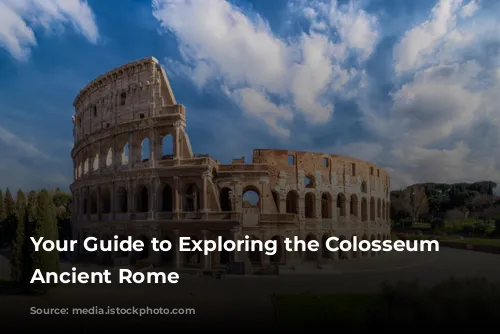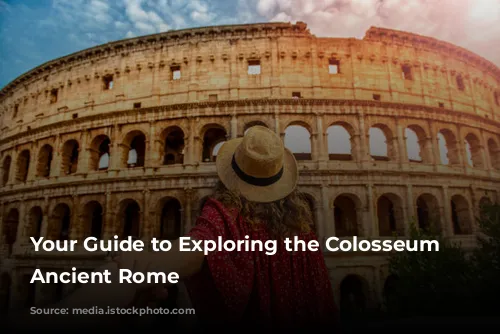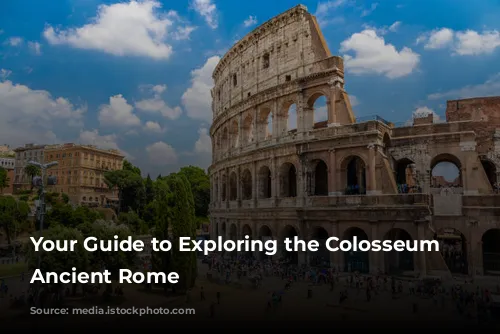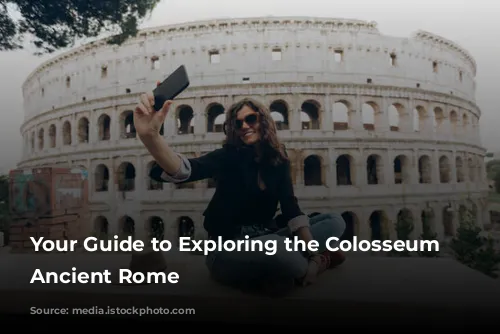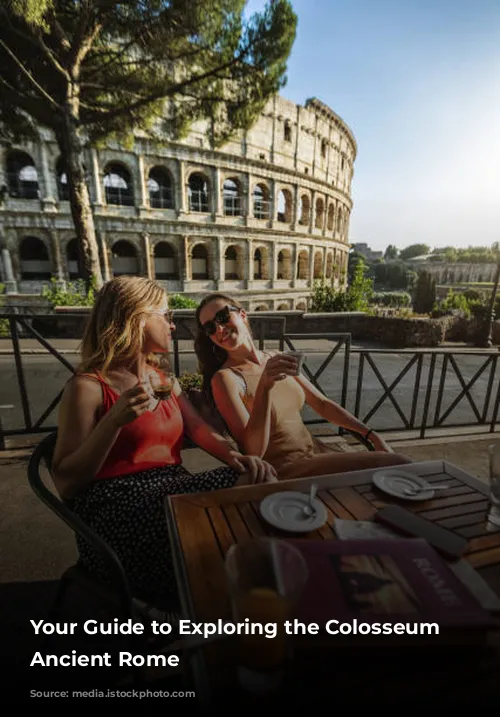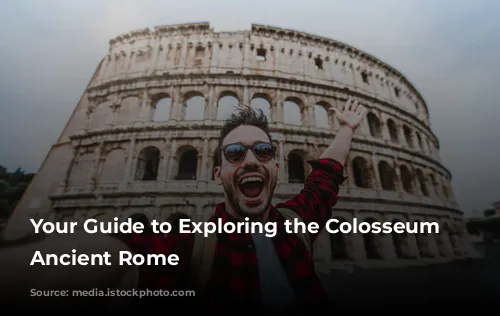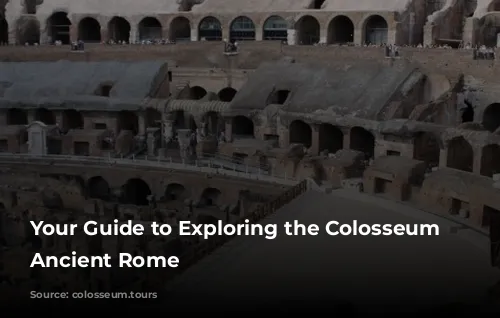Prepare to be transported back in time as you embark on an unforgettable journey through the heart of ancient Rome. From the majestic Colosseum, a symbol of Roman power, to the ruins of the Roman Forum, the ancient city’s political hub, this guide will lead you through the most iconic historical sites.
Get Ready to Be Amazed:
Operating Hours: The Colosseum has varying opening hours throughout the year. From January 2nd to February 15th, it’s open from 8:30 AM to 3:30 PM. This timeframe extends to 4:00 PM from February 16th to March 15th. During the spring months, from March 16th to the last Saturday of March, the Colosseum is open from 8:30 AM to 4:30 PM. Enjoy longer days from the last Sunday of March to August 31st, with hours of operation being 8:30 AM to 6:15 PM. September 1st to September 30th sees slightly shorter hours, from 8:30 AM to 6:00 PM. The Colosseum’s schedule continues to shorten as we approach the end of the year, with hours being from 8:30 AM to 5:30 PM from October 1st to the last Saturday of October. Finally, from the last Sunday of October to December 31st, it operates from 8:30 AM to 3:30 PM.
What to Leave Behind: When visiting the Colosseum, remember to leave these items at home:
- Large bags/backpacks or any kind of wheeled/roller bags
- Glass containers/bottles
- Weapons (including pocket knives)
- Aerosol sprays
Plan Your Visit: To avoid long queues and ensure entry into this iconic attraction, booking tickets in advance is highly recommended. This allows you to choose your preferred date and time slot, leading to a smoother and more efficient visit. Pre-booking often comes with the added benefit of skip-the-line access, allowing you to bypass the crowds and maximize your time exploring the Colosseum and its surroundings.
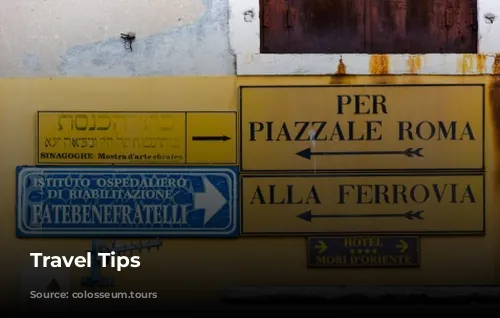
The Colosseum: A Journey Through Time
The Colosseum stands as a testament to the grandeur and ingenuity of ancient Rome. This massive amphitheater, built around 70-80 AD by Emperor Vespasian of the Flavian dynasty, once hosted a wide array of events, including thrilling gladiator fights, animal hunts, and mock naval battles. It could hold up to 80,000 spectators, showcasing the Romans’ immense ability to gather vast crowds for entertainment.
The Colosseum’s design is a marvel of Roman engineering. It’s a large oval-shaped structure with four levels, towering around 48 meters high. Built using limestone, concrete, and bricks, it has three tiers of arches adorned with different types of columns: Doric on the lower level, Ionic in the middle, and Corinthian on the top. The Colosseum’s intricate design, incorporating ramps, stairs, and tunnels, allowed for the smooth movement of people and animals during events. This clever design made it efficient for spectators to enter and leave and for shows to be staged, showcasing the Romans’ skill in architecture.
At night, the Colosseum glows, casting a majestic and enchanting aura against the dark sky. This captivating sight reminds us of its thrilling history. The peaceful atmosphere surrounding the Colosseum allows visitors to appreciate its beauty. Viewing the Colosseum at night is a magical experience, connecting us to ancient Rome’s rich past.
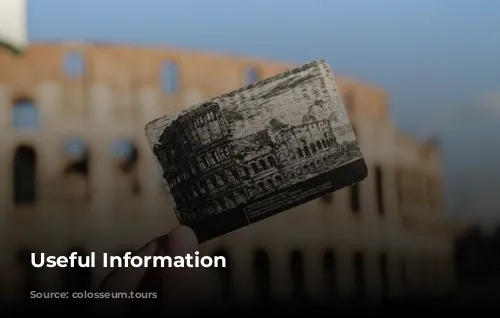
Discover Authentic Roman Flavors
Immerse yourself in the authentic flavors of Roman cuisine. While Rome boasts upscale dining options, nothing compares to the vibrant street food scene. Explore spots frequented by locals, a sure sign of delicious and high-quality fare.
Many restaurants in Rome automatically include a service charge on your bill. This is a common practice to compensate the waitstaff. However, if you’re particularly happy with the service or if the bill doesn’t include a service charge, it’s customary to leave a 10% tip.
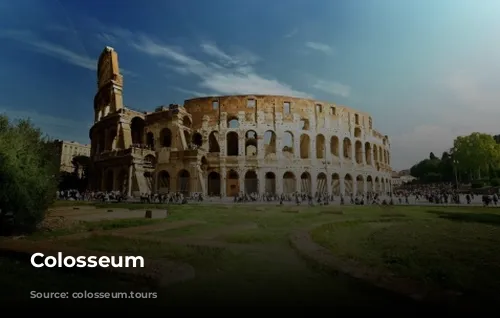
Exploring Ancient Rome: A Must-Do
When exploring the captivating streets and historical sites of Rome, comfortable shoes are essential. With countless attractions to discover on foot, comfortable footwear ensures you can enjoy the city’s wonders without discomfort.
Guided Tour: Unlocking the Secrets of Ancient Rome
Join a friendly and knowledgeable guide with a small group to discover the highlights of Ancient Rome.
-
Colosseum: Begin your journey at the impressive Colosseum, learning about its architecture and the Romans’ love for games. Walk through the entrance onto the arena floor, where gladiators once fought, imagining the cheers of the crowd.
-
Palatine Hill: Explore the oldest part of Rome, Palatine Hill, where emperors once resided in grand homes. Wander among the ruins, enjoying the serene surroundings and breathtaking views.
-
Roman Forum: Descend into the Roman Forum, walking along ancient roads and marveling at temples, offices, and the senate building.
Benefits of a Guided Tour:
- Avoid waiting in line: Skip the crowds and gain immediate access to these iconic sites.
- Insights into history: Learn about the fascinating history of the Colosseum and Ancient Rome from a knowledgeable guide.
- Marvel at the grandeur: Experience the magnificence of these historical landmarks firsthand.
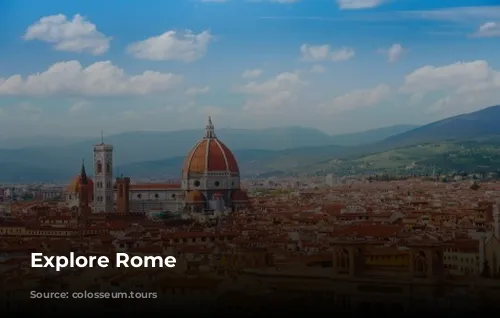
Experience the Colosseum & Roman Forum with a Private Guided Tour
Experience the Colosseum and Roman Forum in a personalized and unforgettable way with a friendly and professional tour guide by your side. This tour will be tailored to your preferences, ensuring you explore the highlights of the Colosseum and Ancient Rome according to your interests and needs.
Tour Benefits:
- Bypass the crowds: Enjoy a private entrance to the Colosseum.
- Personalized experience: Explore the highlights of the Colosseum and Ancient Rome at your own pace.
- Hidden gems: Discover hidden gems often missed on larger tours.
Tour Itinerary:
- Meet your guide at Trajan’s Column.
- Walk through the Imperial Forum.
- Enter the Roman Forum: Your private guide will point out the most famous monuments, as well as hidden gems often missed in larger tours.
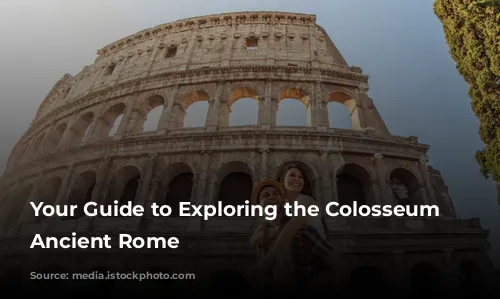
The Vatican: A Spiritual and Artistic Journey
A visit to the Vatican in Rome is a must for its rich historical and spiritual significance. Housing the Pope and the Roman Catholic Church, it’s a centre of global reverence.
The Vatican Museums: Step into a world of artistic treasures at the Vatican Museums, showcasing a vast collection of iconic works by Michelangelo and Raphael. The Sistine Chapel’s mesmerizing frescoes, especially Michelangelo’s masterpiece on its ceiling, leave visitors spellbound.
St. Peter’s Basilica: St. Peter’s Basilica, with its awe-inspiring architecture and religious significance, is equally captivating.
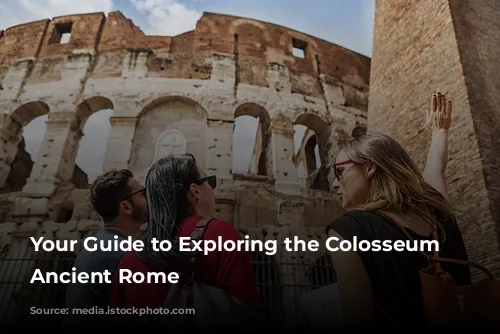
Exploring the Enchanting Neighborhoods of Rome
Nestled in the heart of Rome, neighborhoods like Trastevere and Monti offer visitors an authentic glimpse into the city’s vibrant life and rich history.
Trastevere: Trastevere, with its narrow cobblestone streets and colorful buildings, exudes a bohemian charm. This area is renowned for its bustling piazzas, lively trattorias, and vibrant nightlife.
Monti: Monti presents a more eclectic ambiance, blending ancient ruins with trendy boutiques and artisanal shops. Its labyrinthine alleys lead to hidden gems, quaint cafes, and artisan workshops, making it a haven for artists and creatives.
A Shared Experience: Both neighborhoods boast picturesque squares where locals gather, creating a lively atmosphere perfect for leisurely strolls.
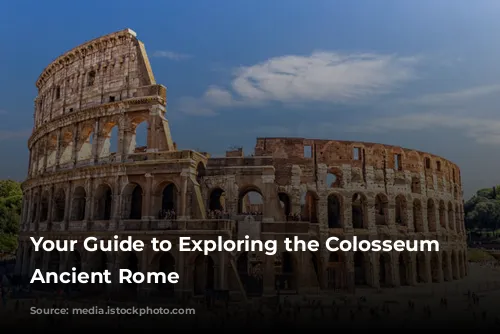
Free Museum Entry in Rome
Every first Sunday of the month in Rome, entry to state-owned museums, galleries, parks, and some archaeological sites are free. Since this is the busiest day of the month, consider arriving early to avoid long lines.
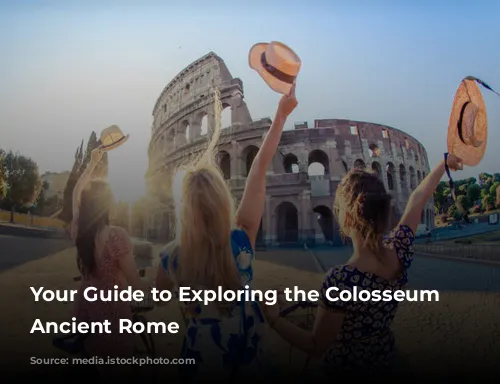
The Colosseum: An Icon of Ancient Rome
The Colosseum is the most visited and undoubtedly the most popular monument in Rome, and indeed in all of Italy. It is the icon of the ancient Roman Empire and of the modern city today, much like the Eiffel Tower in Paris. In its day, it was a symbol of prestige and the power, might, and (savagery) of the ancient Romans.
